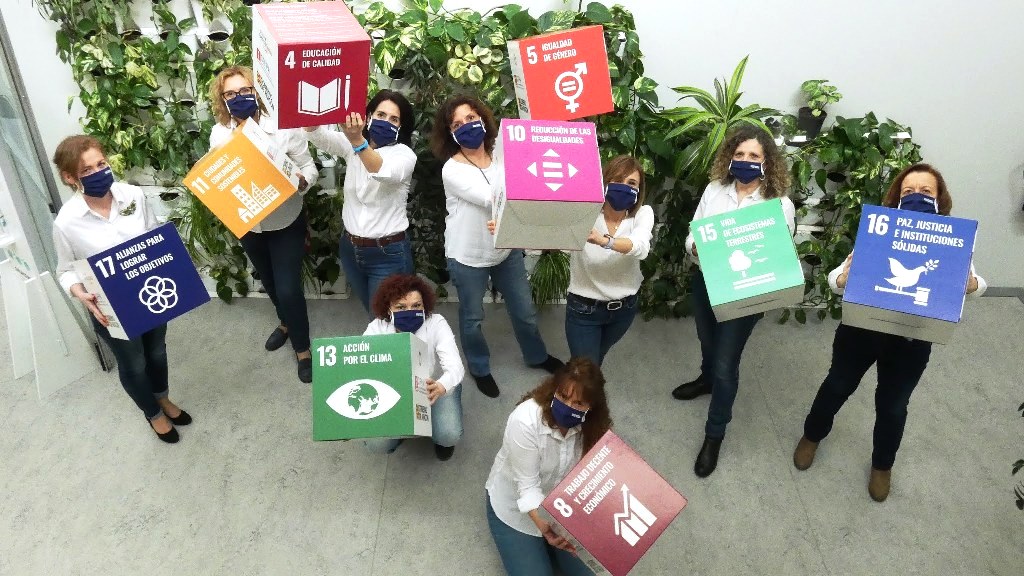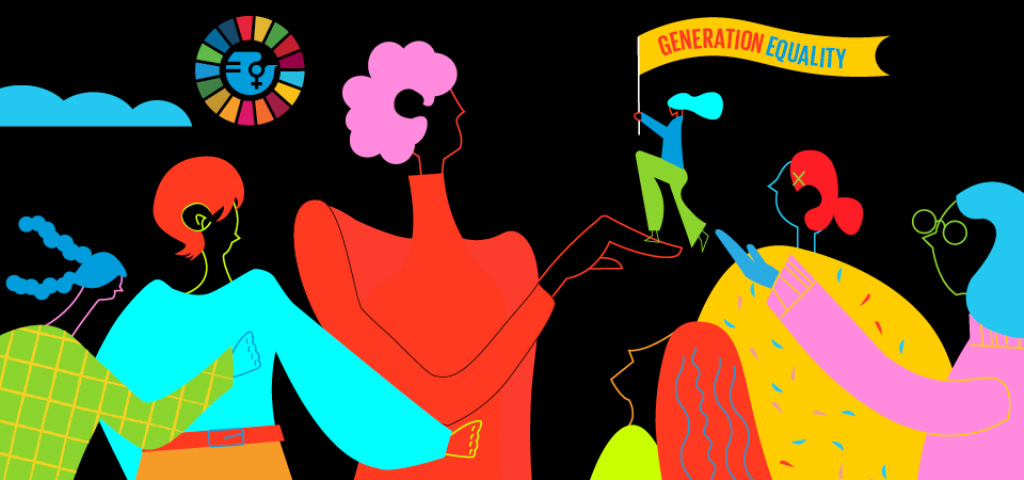
08 Mar 8 March, International Women's Day. For equal leadership
The commemoration of 8 March, International Women's Day, in the year 2021 has a much more special significance if we take into account the hard times we are going through all over the planet and the important role that women have had and still have.
The United Nations, with this year's slogan "Women Leaders: For an Equal Future in the World of Covid-19", wants to remember the efforts that women around the world have made over the last year in the fight against the pandemic on the front line. The crisis caused by Covid, as indicated by the United Nations, has highlighted both the important contribution of women and the disproportionate burdens they have borne and continue to bear.
This 8th March is a good time to remember the 2030 Agenda and its 17 Sustainable Development Goals as they represent a universal call to action to end poverty, protect the planet and improve the lives and prospects of people around the world. In this, without doubt, WOMEN have a lot to say and it is right to highlight, on this date, the goal that affects them in a special way and for which we all, equally, must take action.
Goal 5: Achieve gender equality and empower all women and girls.
The targets for this goal between now and 2030 are as follows:
- 5.1 End all forms of discrimination against all women and girls worldwide
- 5.2 Eliminate all forms of violence against all women and girls in the public and private spheres, including trafficking and sexual and other forms of exploitation
- 5.3 Eliminate all harmful practices, such as child, early and forced marriage and female genital mutilation and cutting.
- 5.4 Recognise and value unpaid care and domestic work through public services, infrastructure and social protection policies, and by promoting shared responsibility within the household and family, as appropriate in each country.
- 5.5 Ensure women's full and effective participation and equal opportunities for leadership at all levels of decision-making in political, economic and public life.
- 5.6 Ensure universal access to sexual and reproductive health and reproductive rights as agreed in accordance with the Programme of Action of the International Conference on Population and Development, the Beijing Platform for Action and the outcome documents of their review conferences.
- 5.a Undertake reforms that give women equal rights to economic resources, as well as access to ownership and control over land and other property, financial services, inheritance and natural resources, in accordance with national laws.
- 5.b Enhance the use of enabling technology, in particular information and communications technology, to promote the empowerment of women
- 5.c Adopt and strengthen sound policies and enforceable laws to promote gender equality and the empowerment of all women and girls at all levels.


